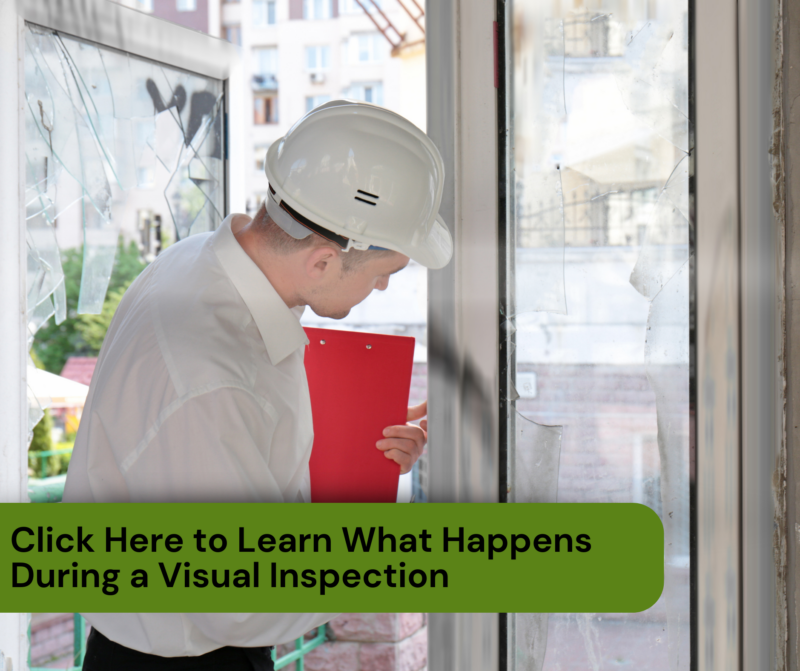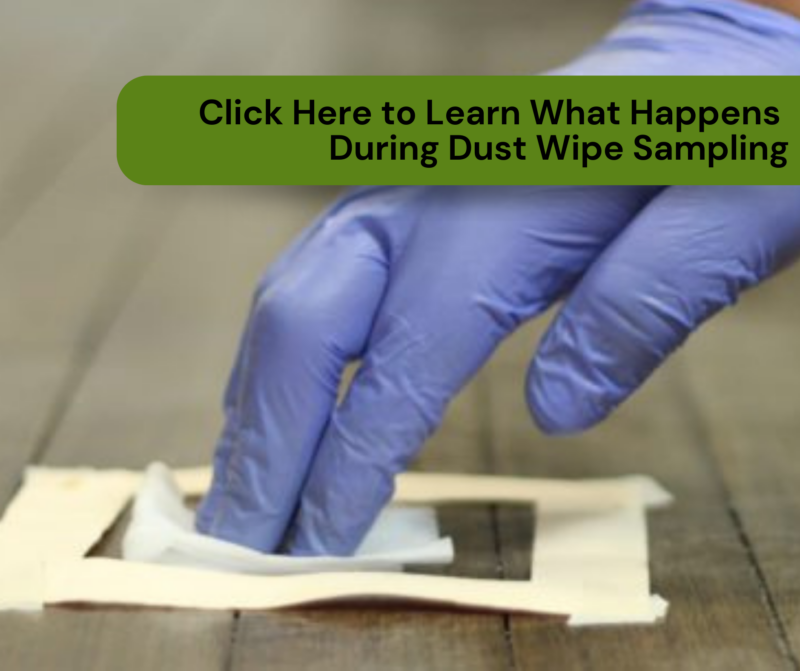Landlords
A Landlords Guide To Lead Safe Certification
Effective July 22, 2022, New Jersey requires lead paint testing for all targeted rental units, or by July 24, 2024 if there is no tenant turnover. Municipalities have begun notifying landlords that certificates of occupancy will not be issued until a unit receives lead safe certification. Lead-safe certificates are granted to property owners when the dwelling is observed to be free of lead-based paint hazards. Lead-safe certificates are only valid for 2 years, or 3 years if there is no turnover.
Who Is Required To Inspect
Rental properties built before 1978 are targeted under the new law. New Jersey also requires different testing methods depending on where your rental unit is located. Some municipalities require visual inspections, while others require dust wipe sampling. There are certain exemptions under the new law but these exemptions can be nuanced and we suggest speaking with a member of our team to determine if your units are exempt.
Lead Testing Methods
New Jersey requires either a dust wipe sampling or visual assessment depending on where your rental unit is located. A visual assessment looks for signs of chipping/peeling paint and dust wipes sampling detects the presence of lead dust.
Landlords who received a letter from their town should follow the testing method outlined in the notice. If you’re unsure what type of inspection your unit requires, please see the Department of Health’s municipality testing requirements here.
What Landlords Need To Know Before Inspections
LEW Environmental is your partner in achieving lead safe certification quickly & cost efficiently while ensuring your property is free of lead hazards. To get your property is ready for inspection, check out our handy guides below.
New Jersey requires either a dust wipe sampling or visual inspection depending on where your rental unit is located. If you’re unsure of your town’s inspection requirements, please click here to see the list from the Department of Health.
Click below to learn more about preparing for your inspection
Record Keeping and Disclosure Rules
As part of the lead safe certification regulations, New Jersey landlords required to:
- Provide required lead-safe certifications and history of tenant turnover during the DCA cyclical “5-year” inspection.
- Provide evidence of a lead-safe certification to tenants and shall affix a copy of such certification as an exhibit to the tenant’s lease.
- Maintain a record of the lead-safe certifications required to be obtained, which shall include the tenant’s name, if conducted during a period of tenancy.
Who is exempt from this requirement for New Lead-Safe Certification?
A “lead-safe certification” will be required prior to renting any residential dwelling unit unless the unit is:
- built in 1978 or later;
- certified to be free of lead-based paint;
- a single-family or two-family seasonal rental;
- (a.) located in a 3+ unit building, (b.) has been registered with DCA for at least 10 years by the current or previous owner, and (c.) has no outstanding lead violations from the most recent DCA 5-year inspection; or,
- has a lead-safe certification issued within the last two years
Lead-Safe Certification Inspection
The law states that the Lead-Safe Certification Inspections must be performed by:
- A municipal local agency inspection program; or,
- A NJ DCA certified Lead Evaluation Contractor hired by the municipality or
- A NJ DCA Certified Lead Evaluation Contractor, directly hired by the property owner to provide the required evaluation services.
Protocols for Lead-Safe Certification
- Lead-safe certification inspections will be conducted through visual assessment, which means a visual examination for deteriorated paint or visible surface dust, debris, or residue.
- However, in municipalities where 3% or more of children 6-years or younger are identified with blood lead levels greater than 5 ug/dL, inspections will be conducted through dust wipe sampling, which means a sample collected by wiping a representative surface and testing in accordance with a method approved by HUD.
- A list of NJ Municipalities that require dust wipe sampling can be found here.
Procedures if Lead Hazards Are Identified
- If a lead evaluation contractor or municipal inspector finds that a lead-based paint hazard exists in a dwelling unit upon conducting an inspection:
- The owner must remediate the lead-based paint hazard by using abatement or lead-based paint hazard control methods.
- The contractor or municipal inspector must notify the Department of Community Affairs, which shall review the findings in accordance with section 8 of the “Lead Hazard Control Assistance Act,” P.L.2003, c.311 (C.52:27D-437.8).
- The unit would need to be reinspected before a lead-safe certification can be issued.
- In one-, two-, and three-unit buildings, if a lead hazard is identified in one unit, the remaining units in the building will be required to be inspected.


